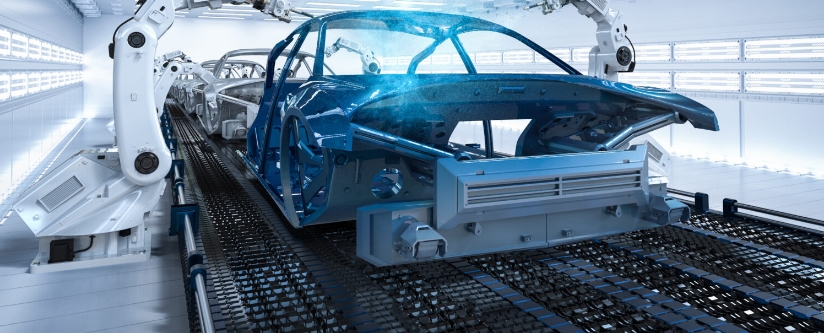Britain’s car industry has recorded its worst April since 1952, excluding pandemic shutdowns, highlighting mounting pressures facing one of the country’s key manufacturing sectors.
According to new data from the Society of Motor Manufacturers and Traders (SMMT), UK car production fell by 8.9% last month, with just 56,500 vehicles produced. The blow was even more severe for commercial vehicles, where output plummeted by 68% year-on-year — from 8,500 to just 2,600 vans.
The figures mark the worst start to a year for the British automotive sector since the global financial crisis of 2009. Over the first four months of 2025, total car production is down 4% to 284,000 units. Commercial vehicle output has seen an even steeper drop, down 35%, with exports of vans tumbling by 75%.
SMMT attributed the downturn to a range of challenges, including disruption caused by the late Easter holidays, the closure of Stellantis’s van factory in Luton, and wider geopolitical uncertainty linked to growing trade tensions between the US, China, and the European Union.
Annualised UK vehicle production is now running at around 767,000 units — significantly below pre-Covid levels and even less than during parts of the pandemic. Major manufacturing sites for brands like Nissan, Mini, Toyota, Rolls-Royce, Bentley, and Land Rover all reported lower output in April.
Mike Hawes, SMMT Chief Executive, described the latest data as a “wake-up call” for government, urging immediate action to shore up the industry’s competitiveness and global appeal.
“With automotive manufacturing experiencing its toughest start to the year since 2009, urgent action is needed to boost domestic demand and improve international competitiveness,” Hawes said. “Trade deals alone are not enough. We need targeted investment and a bold industrial strategy to secure the long-term future of the sector.”
The sharp fall in van production is largely linked to Stellantis’s decision to shift operations to Ellesmere Port, where the focus is now on electric vehicle (EV) production. While aligned with the UK’s net-zero ambitions, the transition has created short-term gaps in output.
Hawes warned that without a comprehensive strategy to attract investment and accelerate EV adoption, the UK risks losing its place in the global automotive market.
“Get this right and the jobs, economic growth and decarbonisation will flow across the UK,” he said.
As the industry grapples with electrification, rising costs, and uncertain global trade conditions, manufacturers are calling on ministers to deliver decisive support before the downturn becomes entrenched.








